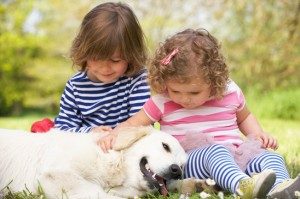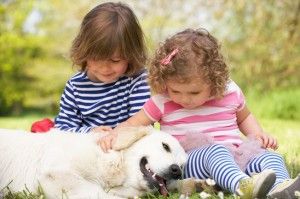How Pets Can Help Children With Autism Socialize Better
 Children who have autism are well known for their inability to deal with social situations. While the level of autism may vary, this is one trait that they all share and for some, it may be more severe than others.
Children who have autism are well known for their inability to deal with social situations. While the level of autism may vary, this is one trait that they all share and for some, it may be more severe than others.
Recent studies have shown that children with autism who have a pet are more apt to adapt their social skills to that of mainstream society. These children learn how pets give love and affection and over the course of time as they are exposed to such interactions they learn how to interact with people as well as animals.
While many people automatically assume it’s only dogs that can help, studies have shown that any pet can be very helpful in helping these children to develop their social skills. For some children it was a farm animal that the child was close to. For other children it was a cat or in one study, a spider. Regardless of the type of pet, the child was learning social skills.
It’s a challenge for any child with autism to interact with another person. However, according to study results, if the person inquires about the pet the child is much more likely to interact with the person and thus improve their social skills. The child feels comfortable around their pet and they love sharing important details about their beloved pet with others.
Helping a child with autism to break out of their shell has been a challenge to parents and doctors since the diagnoses. According to this study having a pet helps the child to breach the gap of their autistic tendency to avoid socialization and socializing.
The study went on to state that it appears that smaller sized pets, those that the child can hold in their arms for example, tend to help the child bridge that gap better than larger sized animals. While the study was unsure of why this is it is believed that when the child holds the pet they are developing a closer bond with said pet.
When compared to children with autism that didn’t have pets the children with autism that have pets tended to score higher socially than their counterparts. As the children without pets received pets their social skills appeared to climb up to match that of their counterparts fairly quickly.
Pets can greatly improve the socialization of a child with autism and as more and more parents and doctors are discovering this these children are finding a new lease on life. It’s as if a door has been suddenly opened and the child has a new method of coping with their otherwise challenged socialization skills









